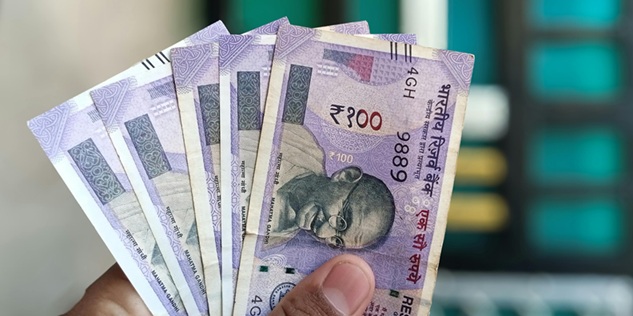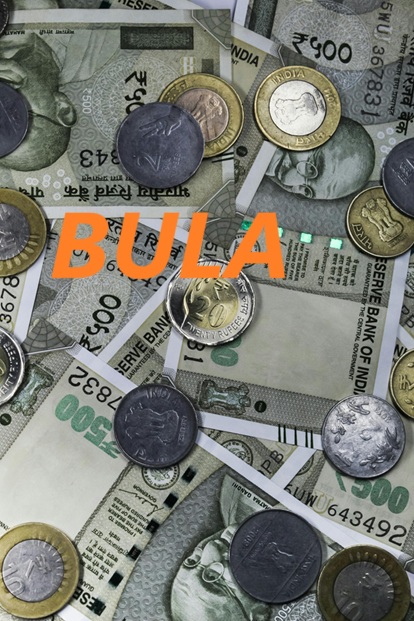Banning of Unregulated Lending Activities Bill

The Indian government has recently introduced the Banning of Unregulated Lending Activities (BULA) Bill, a significant legislative measure aimed at curbing unauthorized lending practices and protecting consumers from predatory financial activities.
Understanding the BULA Bill
The BULA Bill seeks to prohibit all individuals and entities not authorized by the Reserve Bank of India (RBI) or other regulatory bodies from engaging in lending activities. This includes a comprehensive ban on unregulated digital lending platforms and loan apps that have proliferated in recent years.
Key Provisions of the BULA Bill
Prohibition of Unauthorized Lending: The bill explicitly bans any person or entity not registered with the RBI or relevant authorities from offering loans to the public.

Penalties for Violations: Violators of the BULA Bill may face severe consequences, including imprisonment of up to 10 years and fines reaching ₹1 crore. These stringent penalties underscore the government’s commitment to eradicating unregulated lending practices.
Centralized Investigation Authority: For cases that span multiple states or Union Territories, the Central Bureau of Investigation (CBI) will be designated to conduct probes, ensuring a coordinated and effective enforcement mechanism.
Establishment of a Central Repository: The bill proposes the creation of a central repository of regulated lenders, empowering borrowers to verify the legitimacy of loan providers and make informed financial decisions.
Necessity of the BULA Bill
The rapid expansion of digital lending platforms in India has led to a surge in unregulated and often unscrupulous lending practices. Many unauthorized lenders charge exorbitant interest rates, employ aggressive recovery tactics, and compromise the personal data of borrowers. Such practices have resulted in financial distress and, in extreme cases, have driven individuals to dire consequences.
The BULA Bill addresses these pressing issues by:

Protecting Consumers: By eliminating unauthorized lenders, the bill safeguards consumers from predatory lending practices and financial exploitation.
Ensuring Fair Lending Practices: The bill promotes transparency and fairness in the lending ecosystem, ensuring that only regulated entities with adherence to established guidelines can offer loans.
Maintaining Financial Stability: Unregulated lending can pose systemic risks to the broader financial system. The BULA Bill aims to mitigate these risks by enforcing strict regulatory oversight.
Significance of the BULA Bill
The introduction of the BULA Bill marks a pivotal step in India’s financial regulatory landscape. Its significance can be observed in several areas:
Consumer Empowerment: With access to a central repository of legitimate lenders, consumers can make informed choices, reducing the likelihood of falling victim to fraudulent schemes.
Deterrence of Illegal Activities: The stringent penalties prescribed in the bill serve as a strong deterrent against the proliferation of unauthorized lending operations.
Strengthening Regulatory Framework: The bill enhances the existing financial regulatory framework, ensuring that all lending activities are conducted within the ambit of the law, thereby promoting a healthier financial ecosystem.
Conclusion
The BULA Bill represents a comprehensive effort by the Indian government to address the challenges posed by unregulated lending activities. By instituting strict prohibitions and penalties, along with mechanisms for consumer verification and centralized investigation, the bill aims to create a safer and more transparent lending environment. As the bill progresses through the legislative process, its successful implementation will be crucial in safeguarding consumer interests and maintaining the integrity of India’s financial system.
Disclaimer
This blog is intended for informational purposes only and does not constitute legal or financial advice. The BULA Bill is a proposed piece of legislation, and its provisions may be subject to change as it undergoes review and debate within the legislative process. Readers are advised to consult official government publications or seek professional counsel for the most current information and personalized guidance. The author and publisher of this blog are not responsible for any actions taken based on the information provided herein.

